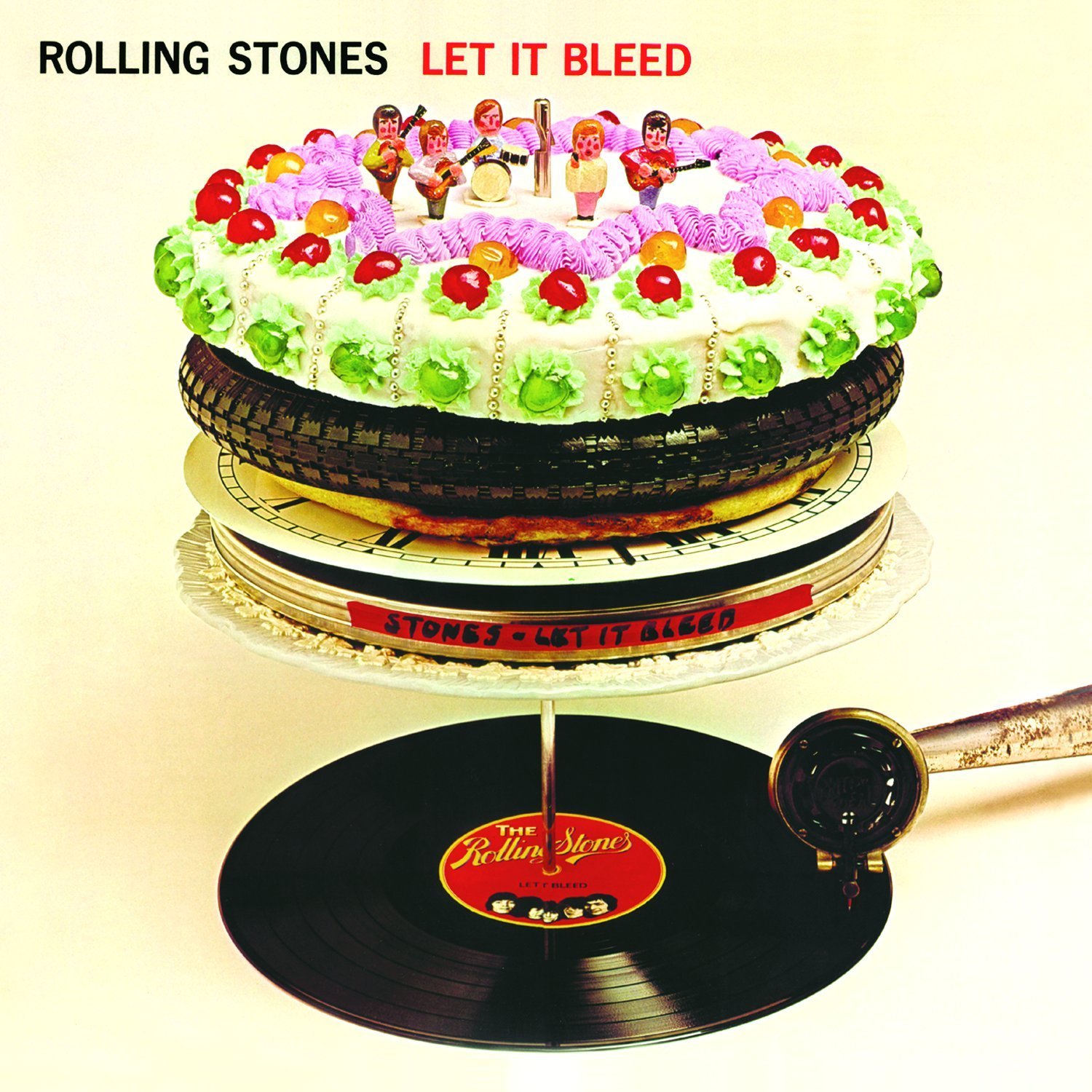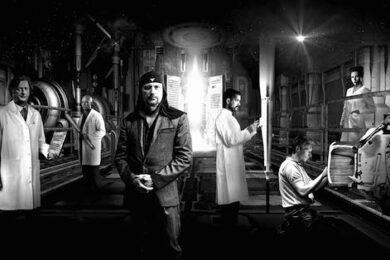3. The Rolling Stones Frank ZappaLet It Bleed

It was actually Aftermath that planted the seed of doubt and dirt, and later Beggars Banquet, with ‘Street Fighting Man”s arrogant energy and the absolutely stunning and subversive ‘Sympathy For The Devil”s shamanistic trance – but we, just kids, didn’t quite understand that yet. When Let It Bleed reached us, we were old enough to get the message, at least through the energy of the form. I well remember the moment when I first took the vinyl out of the sleeve and put it on my first Tosca gramophone, made in Yugoslavia. The needle went on, and I had to wait for a few moments for it to find the right trail and then the fabulous and apocalyptic sound of ‘Gimme Shelter’ started. It was just an absolute knockout. And when the record reached the end and we heard the London Bach Choir opening ‘You Can’t Always Get What You Want’, we were literally stoned and wanted to stay stoned to be able to fully understand all these stories and emotions in a very evocative way.


